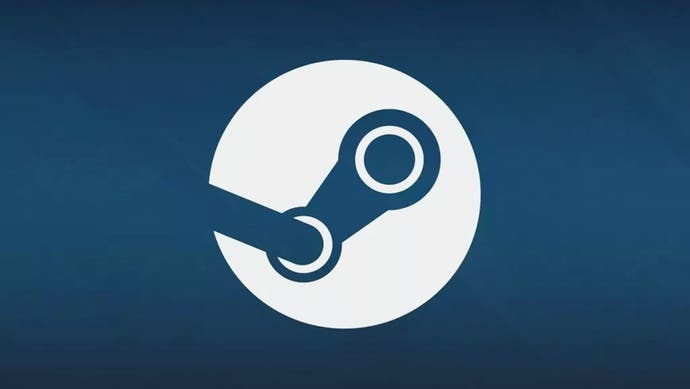Valve's new Steam pricing tool could result in increased game prices
Though it's just a recommendation.
Valve has launched a new regional pricing recommendation system for Steam, but it could lead to higher prices in certain countries.
The new pricing tool suggests prices across the 39 currencies supported by Steam to simplify the process for developers, though these are just recommendations.
"We think it's a helpful guide, but with purchasing power and foreign exchange rates constantly evolving, we needed to make significant changes to those conversion recommendations to stay current," said Valve in its announcement.
"We're also committing to keeping this guide as valuable as it can be by establishing a more regular cadence to review prices. We'll take a close look at these recommendations on an annual basis, and make adjustments accordingly."
However, some of the new suggested prices - shared by SteamDB on Twitter - include huge increases.
While the British Pound has a suggested increase of 8 percent and the Euro 18 percent, the Argentine Peso has a suggested increase of 485 percent and the Turkish Lira 454 percent.
Other large increases include the Kazakhstani Tenge (97 percent), Indian Rupee (85 percent), Russian Ruble (75 percent), and Indonesian Rupiah (80 percent).
Why so big in Argentina and Turkey? It's likely due to some players using VPNs to purchase games at cheaper prices in these countries.
The developers of Dead Cells were forced to increase the price of the game to combat this back in August.
This isn't unique to Steam though, as earlier this month Mike Rose, developer of Let's Build A Zoo, detailed how the game's sales soared on Nintendo's eShop due to "region-hopping".
Of course, developers are free to set their own prices on Steam, but this new tool could have a significant impact on pricing globally.
Valve noted that beyond foreign exchange rates, the pricing is determined by metrics such as purchasing-power parity and consumer price indexes.
It also added that it will be updating the prices of its own games "to match the new recommendations".


